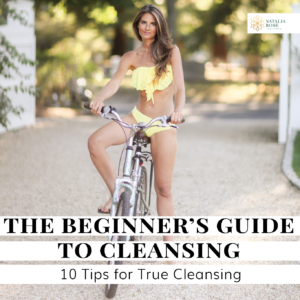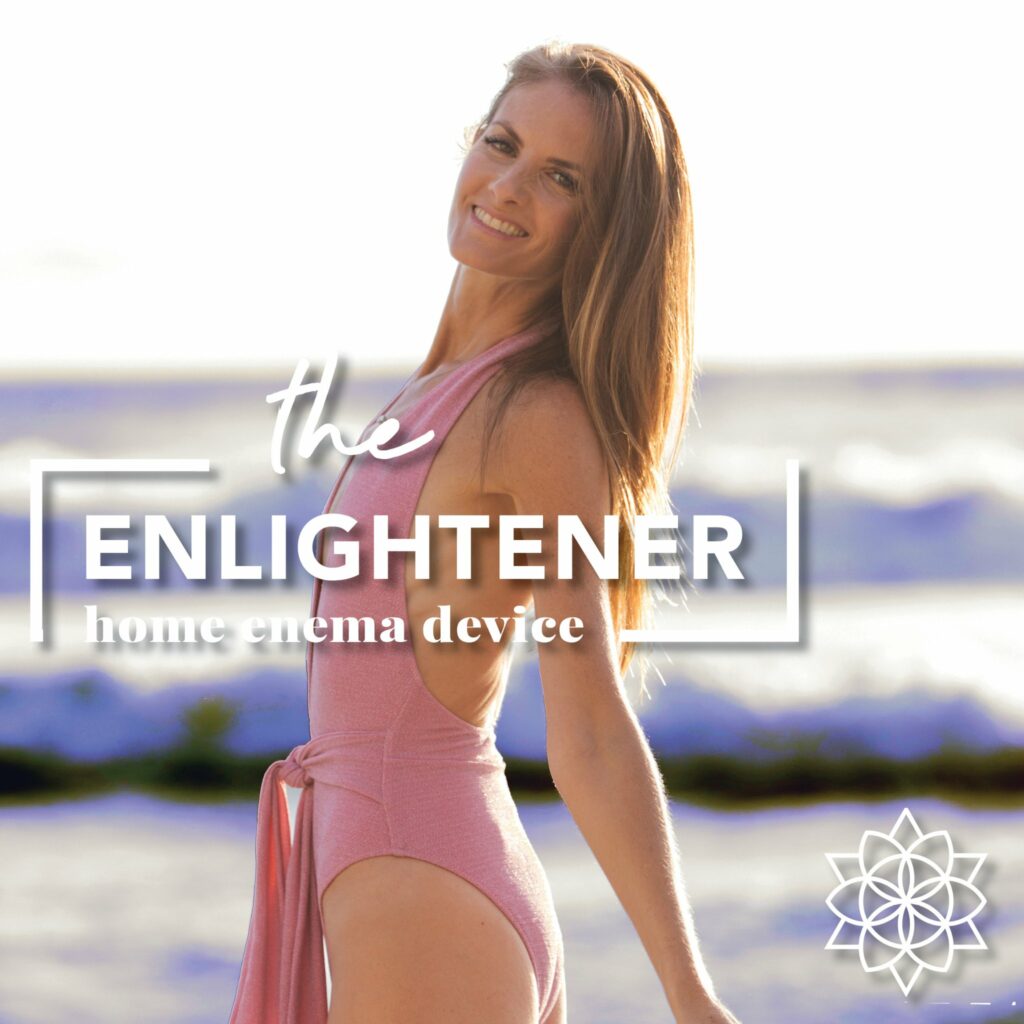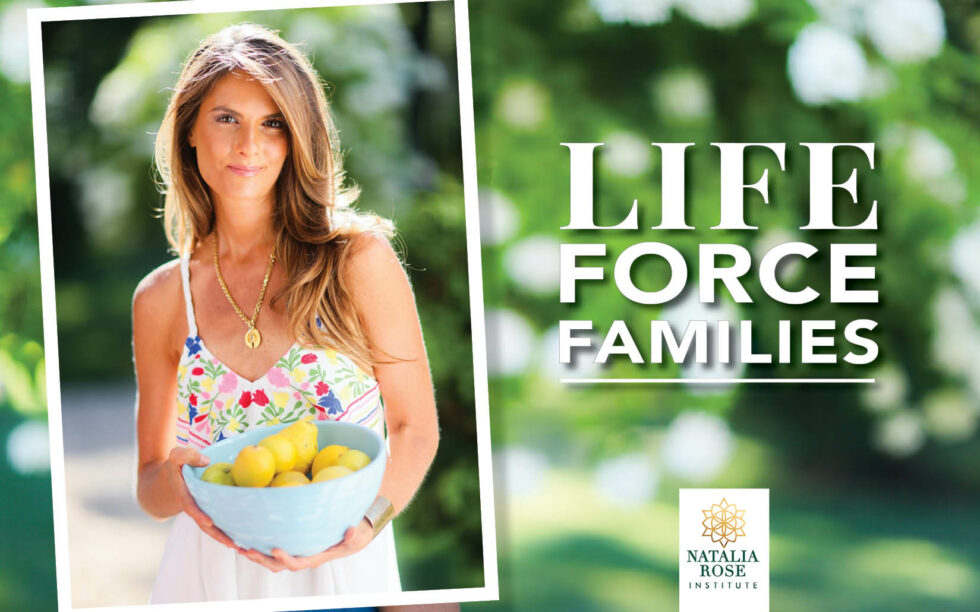Dear Friends,
This blog is actually coming as a surprise to me and emerging as a result of a recent series of not merely coincidental events. They all happen to circle around the same theme: judgment.
I have always been completely honest with you all–both because I have nothing to hide and because I have always felt that the more we share openly, the more we can help one another heal and become more free. I have openly shared my life’s journey, including the physical, mental, and emotional anguish that fueled my indefatigable search for answers.
As you might imagine, for all the people who are attracted to the wisdom of this work, there are always going to be some people who are offended or threatened by it. Sometimes these people express their criticism to me in highly unconstructive ways (fortunately not that often). I usually consider their comments, appreciate their perspective even if I don’t agree with them, and move on with my day.
Recently, I stumbled upon a litany of really callous remarks on the comment area of a video interview I did last year. My initial reaction was to feel hurt (I’m human), but then I thought about all the judgment and confusion that haunted my childhood and young adult life. And I thought about how painful it was to be under the shadow of all those projected expectations. I don’t have that experience anymore. What’s more, I realize that all the harsh words and criticisms were merely a reflection of these individuals’ wiring–a result of a culture of immature judgment. A knee-jerk sense of entitlement to judge without facts is all too common among people in our cuture–particularly when armed with letters on a keypad and undisciplined opinions behind the anonymity of the internet.
I have learned over the years not to take these comments personally. Their words are like swords that they have pointed at themselves, albeit unconsciously. How can one not feel compassion for that kind of pain if one has suffered it oneself? Such comments serve to remind me of the wide variety of people out there who are observing this work, peeking in to see what we’re up to over here.
On this particular occasion I was criticized by about a hundred viewers for the following reasons: first of all, because my breasts are way too small (assumed to be a result of the detox lifestyle rather than my genetic dice); next, because my chest bones are visible on my décolletage, I am far too thin, and I look unhealthy; because I am a poor public speaker and use my hands too much when I talk; and, finally, one person even commented that I didn’t seem like a happy person. Well, I certainly hope no one is going to them for psychic readings! I resisted reading further.
My first reaction was a deep disappointment. I wanted people to take in the information, not my cup size. But I guess this was naive of me, given our cultural attitudes. The point of these critics’ commentaries was to dismiss the ideas about cleansing by systematically stripping away my credibility based on my on-screen image–in their estimation, not what a healthy woman should look like.
As you have been learning here, most people do not know what a healthy body looks like because they are either overly conditioned to accept the norm of overweight, puffy mainstreamers or they assume that anyone who is of a lean girth is a disordered dieter. We don’t see many truly healthy specimens–male or female–in our culture. Strip away the gas pressure, yeastedness, and water retention and what’s left are tight but healthy, energetic, clean cells. Without those acidic waste by-products, the body will look more contracted. But despite leanness, the skin and eyes should be clear, vibrant, and bright. This is not to discount the day-to-day fluctuations in the body (please refer to my blog on the motion created by living foods: <a href=”/blog-detail.php?ID=90”>A Salad in Motion Remains in Motion</a>), but overall the net result is often (not always, but often) a surprisingly slender physique. Most women don’t complain about this!
I was teased in middle school for having virtually nonexistent boobs. It’s interesting to see that some people are still in the middle school mind-set. Perhaps if I had elected to surgically enhance my breasts, that would have secured their approval? I respect everyone’s right to elective surgery, but that’s just not my beat.
Frankly, I like my boobs. They are small but they fed my two babies who are now thriving children of 7 and 9 years old. My breasts have served their purpose as breadbasket to them, sealing their future health. Moreover, the man I love adores them and has for 18 years. Need I say more? Eating a cheeseburger (as several of the commentators recommend I do) or accumulating gas pressure and bloat will not serve my highest good (though it may make my critics feel better about their choices). And it’s certainly not going to make my boobs grow a cup size.
I’m not here to make the authors of such thoughtless comments feel more comfortable. If I were to strike back, I might suggest that they consider their own body fixations, since they appear to be the ones with the issues. Of course, it is not my place to force anyone to look at their issues. I can only be true to myself and be of service to those who want this service.
I’m grateful for my body. I spent many years being hard on it, and it survived my abuse for eight years from ages 13 to 21. Since then, my body has run on exotic sands, pedaled many hundreds of miles, climbed mountains, borne and nursed children, soaked up sun, and danced all night, many nights. My body also survived a horrible accident when I was a child–I was run over by a bus when I was 4 years old. Both sets of tires crossed and crushed my core, shattering my pelvis and causing internal bleeding that nearly did me in. An entire hospital staff of doctors told my parents that I would never walk again–that was if by some miracle I happened to live. They were also confident that I would never be able to have children. And now there are nearly a hundred comments about my boobs being too small…the irony! On the one hand, it’s comical; on the other, it’s really sad that so many people think and communicate from that space.
The other irony, of course, is that these comments are being made by people who are obviously surfing the web for diet information–not because they are content with their bodies, I can assure you of that.
Our culture is full of people who are ready to dole out judgments but incapable of compassion. Their hearts are wired shut, and perhaps these judgments are their cries for help. This is a group of people who are quick to swallow the advice to be found in eight-second soundbytes spoon-fed to them by their media gods, but slow to take responsibility for the larger context of their personal health. And they are quick to look to the government for social security and Medicare solutions, but slow to realize the impact of their way of life on the next generation.
You or I may never measure up to the standards of these people, who will always find someone to project their own shortcomings onto, but why would we ever aspire to? I do admit, though, that it’s a real disappointment to be confronted with so much ignorance when all you want to do is grow with your community into a more evolved way of life. It’s a very real reminder of what we’re contending with, and that we must maintain a steady course, full speed ahead, even while respecting the fact that others are at different stages of their own journeys. We must remember to honor everyone on their journeys and really mean it.
Those who misinterpret this work and do not understand the context of cellular cleansing have accused me of being anorexic or orthorexic or extreme in some fashion. I understand that this work appears extreme to the uninitiated, but I can assure you that I am not suffering from an eating disorder. My path started with disorder at the tender age of 13. I have been there and know what that is about. I could not in good conscience be a leader in this work if I were still under that influence. I can only be true to myself and in so doing live out my purpose. That is all I can do. Like I said, I understand that this way of living appears extreme to many people. But I caution that it’s the mainstream lifestyle that’s extreme. Reclaiming our natural balance in the face of it only appears extreme from that worldview.
I welcome your questions, and I understand where they are coming from. I will openly and honestly answer any genuine questions you have about me or about this work. My goal is to help illuminate the way, not to shroud it in more confusion or make it seem scary. What I will not do is engage with catty, mean-spirited kindergartners who do not want to understand but only criticize in order to continue courting the old paradigm that feels familiar but not safe, consistent but not liberating.
As you walk this path, I urge you to be thoughtful and discerning rather than self-righteous. We can all be better at this. Whenever we dole out this type of unconstructive criticism, we are usually projecting our own pain, limitations, and self-judgments onto others. We can try to avoid undisciplined commentary, and, when invited, offer constructive, thoughtful reflections. But let’s check our motives and shadows before we judge. If we are to be of any good use, we cannot indulge in dogma, self-righteousness, and lowest-common-denominator criticisms. We do not need to one-up our brothers and sisters. We won’t get anywhere on that merry-go-round. Rather, let’s first look within ourselves for what’s obstructing our ability to see and love one another. Then what we offer can serve the highest good of all.
If you have any questions for me, be they personal or otherwise, I will be happy to answer them. Feel free to post them as comments and I will respond in kind. In the meantime, I hope you will join me in diffusing the unloving judgments that are so common today, particularly in the dietary wars and self-righteous dietary communities. They do not serve anyone’s highest good and they certainly do not make anyone’s blood cleaner (or boobs bigger) 😉
With Love in Unity,
Natalia



